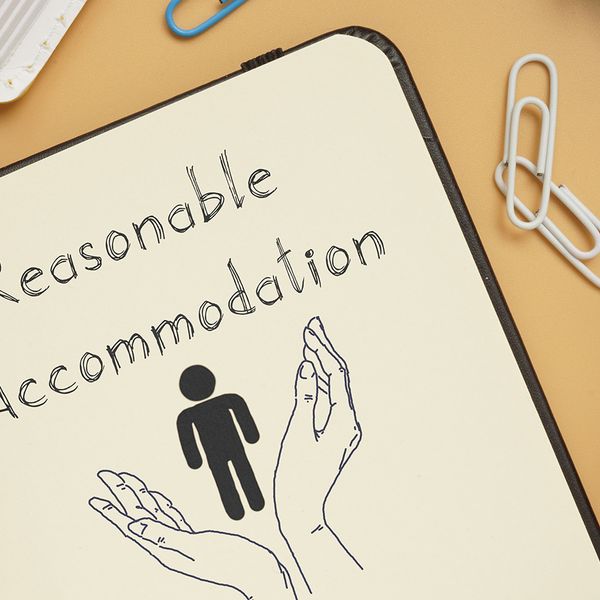Reasonable accommodations in lieu of FMLA leave
Adrian’s department was struggling to meet production demands. When Carlyle injured himself, the task was only going to get more difficult. Since Carlyle’s injury prevented him from performing only one of his job’s essential functions, and that one function could be done by others in the department, Adrian wondered if he could make such an accommodation and require Carlyle to return to work. Currently, Adrian was on leave under the Family and Medical Leave Act (FMLA). Adrian decided to ask Anupama in the HR department if that was an option.
If Anupama is up on her FMLA regulations, she would know the answer. Despite the hardships Adrian’s department might be having in regard to production, an employee who is eligible for FMLA leave is entitled to such leave, even if the employer could accommodate the employee’s restriction. The regulations are fairly clear on this:
“If FMLA entitles an employee to leave, an employer may not, in lieu of FMLA leave entitlement, require an employee to take a job with a reasonable accommodation.” 29 CFR 825.702(d)
While the Americans with Disabilities Act (ADA) might require an employer to offer an employee the opportunity to take such an accommodation, if the employee is on FMLA leave, or wishes to take FMLA leave, an accommodation cannot be forced upon the employee in lieu of leave.
What if Adrian changed the essential functions of Carlyle’s job to exclude that one function he could not currently perform?
That, too, would be an issue. Employers cannot change the essential functions of the job in order to deny FMLA leave.
Unfortunately, the FMLA does not include an undue hardship defense, which means that employers are not allowed to deny FMLA leave even if that leave causes challenges to the employer or even the department. The FMLA is an employee entitlement law. Therefore, Adrian would be well advised to work with Anupama to find some help for his department while Carlyle is out on leave.























































